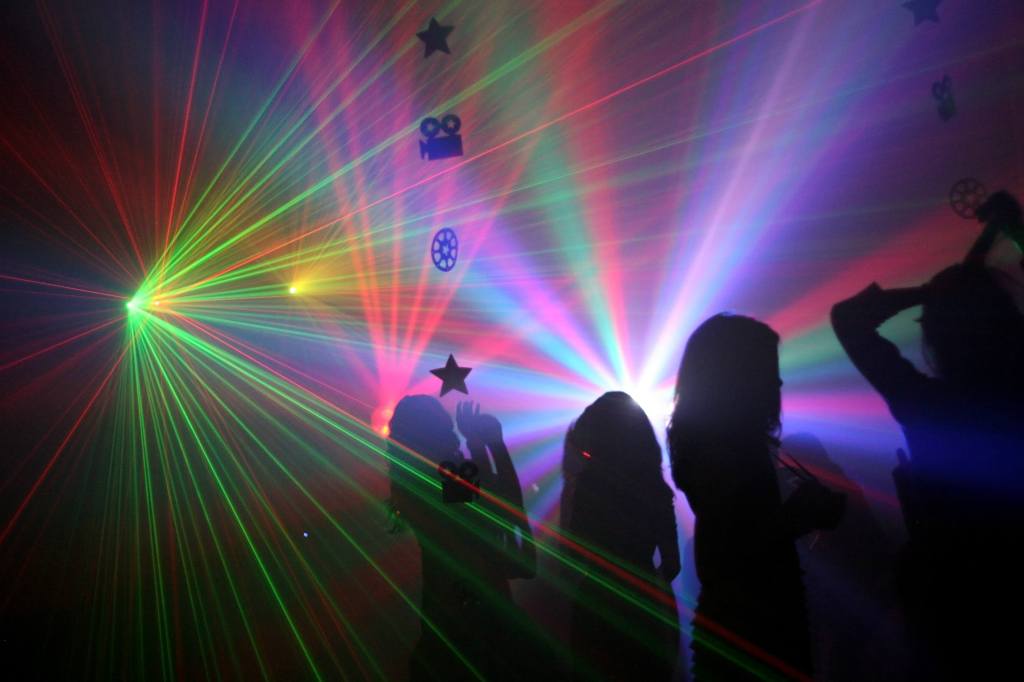Reasons Why

I will never be asked to give a graduation speech at my old colleges. I’m not academic enough for LSE, nor actory enough for RADA, and thus the distilled wisdom of the last few years (i.e. there’s no such thing as ‘lending’ a sharpie, or always run your data cable UNDER the hook clamp etc.) are unlikely to be shared.
However, at the end of last week – another one where I pulled straight 13 hour days without a pause to eat, stop or breathe, I found myself in the unlikely position of wanting to sit myself down and ask some questions about my life choices.
This arose when, leaving the theatre for the first time in five days, I found myself physically shaking all over. I had to sit down and wait for the shaking to pass – not an anxious shaking, not an emotional shaking – just the physical reaction to days of not turning off for a single minute. The set designer, who’d been in exactly the same boat, clung to my arms as the curtain went down on the last of the shows we’d worked on.
“Sometimes I’ll look up from sewing,” he explained, “and catch my own reflection in the mirror and wonder who that person is.”
Both of us, boggle-eyed and theatre-shocked, struggled to muster words for how tired we were, but as we staggered out into the night from the last show, we largely fell back on gestures and whimpering sounds.
And as I slowly began the process of recovery – a process which is still on-going several exhausted days later – I began to wonder why. Why exactly do I put myself through this?
Four years ago, when I first graduated, I took a lot of jobs on a lot of not very good shows in order to gain experience and contacts. I also worked as a not-brilliant-but-ok technician at the National Theatre to gain more experience and learn how one of the biggest and best venues in the country works. By the end of my third year, I was taking better work with companies I trusted, and meeting new companies I could respect, in order to improve my CV, my confidence and establish relationships with people who I thought were going places. I worked in bigger venues with more toys, I pushed at the limits of my own knowledge and ambition, and it was exhausting, and it was correct. It was the correct path to take to do well at my chosen profession. You do the shitty jobs, because that’s how you’re ready to do the good ones; such is life.
Since then I have done a lot of techs where I don’t get to break. It’s not right, it’s not fair, I’m definitely not paid enough for it, but that’s ok, I want to do a good job and the simple truth is, I’m not yet working for companies who have the time and resources to schedule their technical periods around the idea that the LD might need to eat. I get that; no one is to blame.
But now I ask: why.
Not just why do I do this to myself, not why do I take the work – but what do I expect from this, and from myself? And I have a lot of answers – I do theatre lighting because I love plays, because I love light and colour, because I love technical toys, meeting new people and new adventures. I do theatre lighting now because one day I want to work for the Royal Court on shows no one has ever seen before; I want to go back to the NT as a designer, not a techie, and create Prospero’s storms and gothic mysteries. I want to have the resources of the Manchester Royal Exchange at my fingertips, see this country and the world and meet the people who like me, love theatre, wherever they are. I want to make audiences gasp. I want to be part of a thing that leaves me breathless. That’s why I push myself this hard. I know why I do it. It’s just sometimes – some very hungry, very tired times – I need to be reminded. I do what I do to get to this place.
But looking round the venue at the end of last week’s technical adventures, I wanted to go back in time and ask myself: why. And indeed, I think I’d ask the same question of a lot of the world. Why? Why do you work 13 hours days, 6 days a week? Why do you want to be rich? For the sake of money? Why do you want to be famous? For the adoration of strangers, or for the respect of your peers? Why do you want to be a production manager? For the power, or the complexity that taxes your mind? Why program, why design, why direct? Not the obvious, easy why – not ‘because it’s easier than’ or ‘because I know how to’ or ‘because if I do it now, I can do it later’ but the why that’s underneath the why. It’s the why that asks not what you do, but who you want to be. Do you want a not-hugely interesting 9-5 job? Why? Ah: because you have hobbies and studies that interest you more, and a dull job will let you explore it. Excellent! Awesome, in fact! Rock on: you have a plan, and you know yourself. Great answer to why! But you, over there – why do you want to be a no.1 Sound in the West End? Why? Because you think it’ll be glamorous. Ah: no, not so much…
Ask why. Why glamour. Why fame. Why success. What good is success to you, if success leaves you without time to eat, sleep or see your friends? What do YOU define as success? Writers too often define success in terms of the novels they’ve sold, or the critical acclaim of reviewers, having no better measure to go by. This is a dangerous slope – success is surely being able to eat, and being free to write what you want, and anything else – praise and riches – while very welcome indeed, are not necessarily what you’re in the game for. Or maybe they are. But ask yourself, always, ask: why.
Why these shows? Why these words? Too often, I suspect, we in theatre embark on our careers with a cry of ‘success is when I’m paid to go round the world designing amazing shows for international companies’ and yes, yes it is. It’s one of my ambitions, I admit it. But unless you have a passion for international airports and large cue stacks, ask yourself WHY this is success. Ask what success is to you. And if you don’t get a satisfactory answer, maybe stop for a few seconds and ask if you know who it is you want to be, and why.





